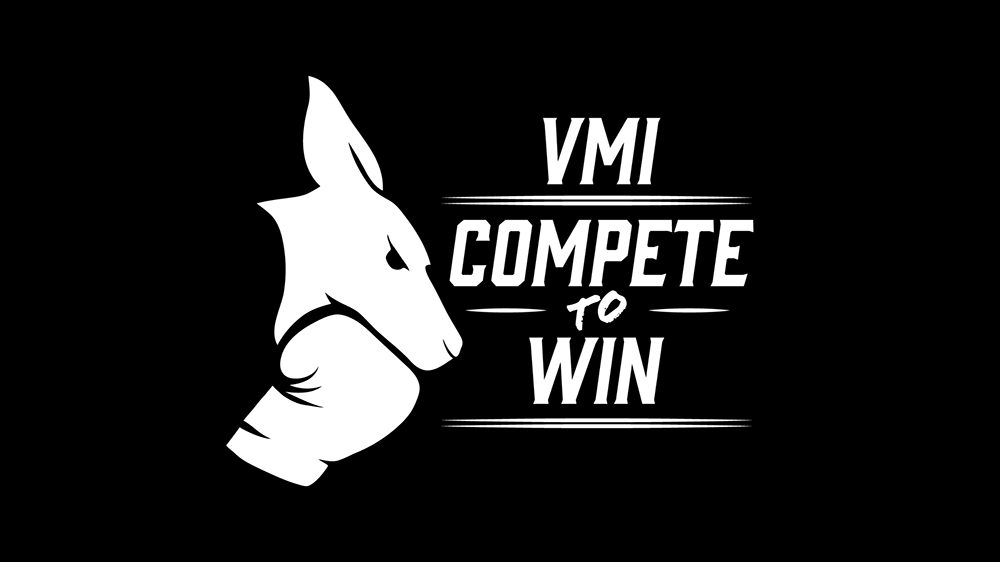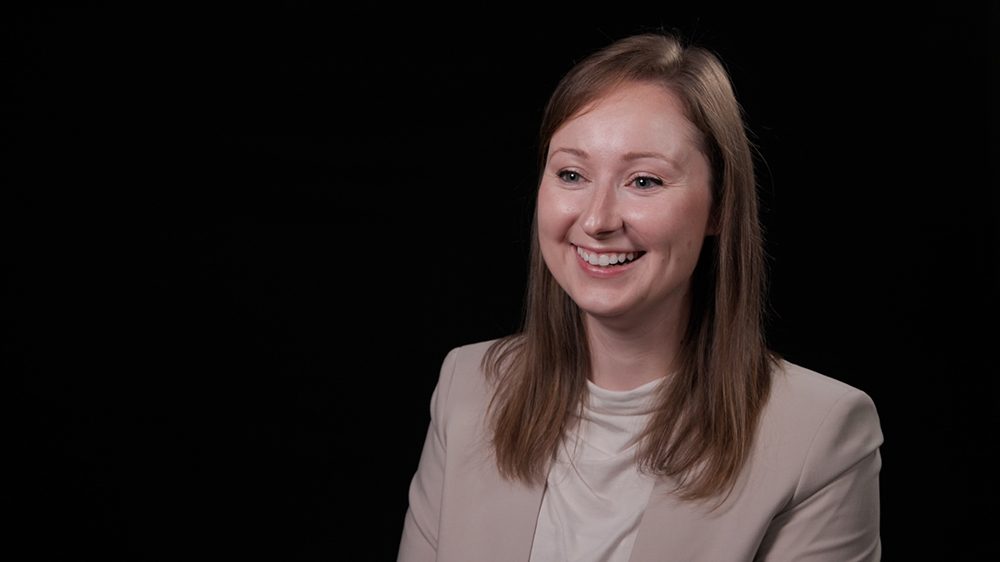Justin Woulfe ’06 says he “owes everything he has” to VMI. That’s a good-sized compliment, coming from Woulfe, who – along with his VMI roommate, Jim Woodard ’06 – started and runs Systecon, a multimillion dollar software company.
Woulfe’s first exposure to VMI was during a middle school soccer camp at the Institute. While in Quantico, Virginia, for a rugby tournament as a high-schooler, a VMI alumnus told him to look at VMI. When he expressed uncertainty about VMI’s military aspect, the alumnus mentioned that VMI offers many scholarship options. With that, Woulfe knew he needed to look closer at the small college in Virginia’s mountains.
Woulfe, who was a distinguished graduate in the demanding study of electrical engineering, came to VMI as both an Institute Scholar and with a Naval ROTC scholarship. The Institute Scholars covered any remaining costs not covered by the ROTC scholarship.
The Institute Scholars program – including speakers, round tables and a subscription to The Economist magazine – contributed to Woulfe’s education in a way that regular classes – be they engineering or English – could not. Through these opportunities, Woulfe, who grew up in the “cows and cornfields” countryside of Fauquier County, Virginia, was exposed to “a whole big, wide world” that he was not aware of before VMI.
The Institute brings highly accomplished speakers from a variety of fields to post. Institute Scholars – about 30 in number – are often able to meet with presenters in small group settings. Two standouts in Woulfe’s memory are Holocaust survivor and author of “Night,” Eli Weisel, and the husband-and-wife political opposite tag team of “Ragin’ Cajun” democrat James Carville and his staunch conservative wife, Mary Matalin.
“It was pretty amazing to have that level of intimate discussion,” Woulfe remembered.
Even outside of the Institute Scholars, VMI’s small size was instrumental in Woulfe’s development and education. His 4th Class year classes were small, Woulfe said. Interacting with engineering majors from other universities – like the University of Virginia and Virginia Tech – he learned that many of their freshman year classes had hundreds of students. During his junior and senior year, there were never more than 11 people in Woulfe’s electrical engineering classes. Beyond the obvious military structure of VMI, it is “one hell of an engineering college,” he said. “Everybody who has been there understands that.”
Woulfe spent his cadet summers doing various Naval ROTC training, preparing to commission in the Navy and had also been granted a Top Secret/Sensitive Compartmented Information clearance. During the spring semester of his 1st Class year, Woulfe’s carefully designed blueprint for his future took a sharp detour when he injured his knee during a rugby game. The injury meant he was unable to commission in the Navy.
“I had it all planned out,” he remembered. About to graduate, he needed a job. The VMI alumni network came through with flying colors. “I had a couple of job offers from VMI alumni immediately,” Woulfe remembered. “If you have an engineering degree and a TS/SCI clearance, you’re pretty employable.”
Once in the workforce, Woulfe’s preparation at VMI distinguished him from his peers – in ways he had not previously imagined. “I was the only entry-level engineer who could put two sentences together logically and actually explain what I meant when I was doing projects,” he said, noting that this skill was “largely because of [VMI’s] liberal arts education.”
“At VMI, you’re juggling labs and these crazy complex classes, and oh, by the way, you have all these ‘ridiculous’ writing assignments to do for liberal arts classes and you don’t really appreciate them,” he said, recalling his speech and writing classes. “Once you get away from it, you realize just how much the … classes that you had to take actually help.”
Using his engineering skills combined with the foundation of poise and multifaceted communications skills gained at VMI “made it easy” for him to rise quickly to a senior level, Woulfe said. “[VMI] is really an amazing experience that does prepare you for the corporate world in a better way than engineering at a traditional school does.”
In 2012, Woulfe was talking to Woodard, who was considering leaving the Air Force. Woulfe – who had risen through the ranks at Lockheed Martin – was ready to work in a smaller company. The two made the leap to entrepreneurship – bankrolled initially by a loan from Woodard’s father-in-law – and began a software business together.
“We have grown that to be about a $10 million a year company, employing 27 people. We support 21 different countries’ defense departments,” Woulfe said, noting that Systecon recently “turned that corner from start-up to fully functional, profitable business.”
Meanwhile, Woulfe had also kept in touch with his former VMI rugby coach, Joe Irby ’85, who is a currently a major gifts officer at the VMI Alumni Agencies. “Joe does a good job of keeping up with everybody. He’s seen us since the very beginning when we were struggling and sleeping on BRs’ couches … to where we are today.”
The subject of endowing scholarships came up, and Woulfe asked Irby how much it cost to endow a scholarship. When he heard the number, Woulfe said, “I think I can make that happen. So I am.”
Working with Irby, Woulfe is in the process of endowing the Justin H. Woulfe 2006 Merit Scholarship, which will provide merit-based awards to cadets who are majoring in a STEM subject and who are Institute Scholars.
“I certainly wouldn’t have had the opportunity to go there if it wasn’t for scholarship money.” Woulfe said. “Given that I practically owe everything I have to that experience at VMI, I think it’s pretty important to give other people that same opportunity.”
-

Molly Rolon Editorial Specialist




